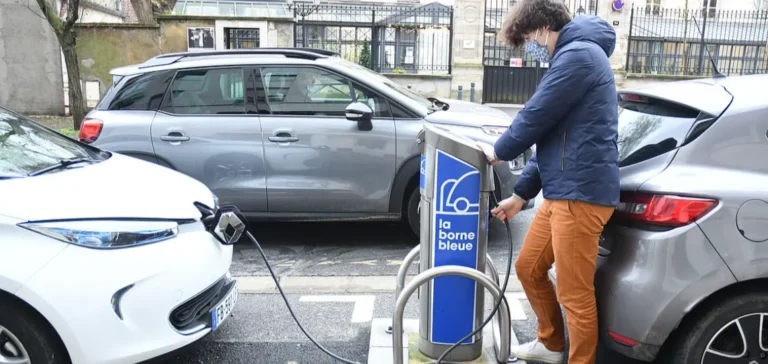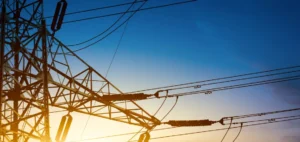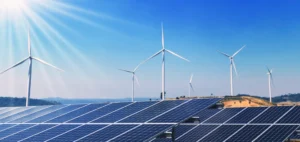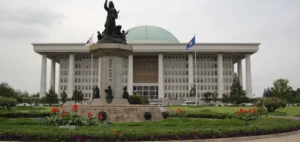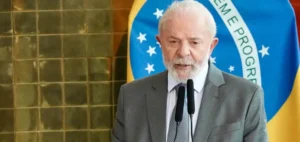The Syndicat intercommunal de la périphérie de Paris pour les énergies et les réseaux de communication (Sipperec) has renewed its electricity distribution and supply concession contract with Electricité de France (EDF) and Enedis for a 25-year period. The contract, effective from 1 January 2026, will cover 87 municipalities across the departments of Hauts-de-Seine, Seine-Saint-Denis and Val-de-Marne.
A network of over 17,000 km under joint management
The concession covers the operation and maintenance of a 17,663-kilometre electricity grid serving 3.5 million people. Enedis will manage the technical operation of the network, while EDF will continue to supply electricity to customers eligible for regulated tariffs. The contract aims to improve service quality, strengthen infrastructure resilience and support local energy demand developments.
The agreement also includes the implementation of an investment master plan to ensure better coordination over the life of the contract. An annual activity report will allow the granting authority to monitor the commitments made by Enedis and EDF. This mechanism strengthens the governance of the local public electricity service.
Targeted investments to improve service continuity
In line with efforts undertaken since 2016, the new concession includes a significant investment component focused on network modernisation and security. The goal is to reduce outage times per customer, ensure power supply quality, and enhance resilience against climate risks such as flooding.
Enedis also plans to continue connecting new residential and industrial developments to meet the increasing electricity demand in the greater Paris area. These activities are designed to support urban growth and the rising need for distribution capacity.
Nearly one million customers under regulated tariffs
Nearly 1 million residential and business customers will remain eligible for the Regulated Electricity Sales Tariffs (TRV) under the public service delegation entrusted to EDF. The arrangement includes access to dedicated customer service and support for energy consumption management.
The concession also includes reinforced monitoring of support schemes for low-income households, aiming to maintain access to electricity as a public service in line with principles of territorial equity and solidarity.
Strengthened governance to support local changes
As the owner of the public electricity distribution network, Sipperec maintains a supervisory role in the implementation of the contract obligations. It ensures compliance with delegated responsibilities and uses contractual oversight tools to assess network performance and adjust investment priorities.
The close cooperation between Sipperec, Enedis and EDF teams reflects a commitment to service continuity, while anticipating demographic changes and urban infrastructure developments. The new contract is one of the first to apply the updated national model for electricity concession agreements.


